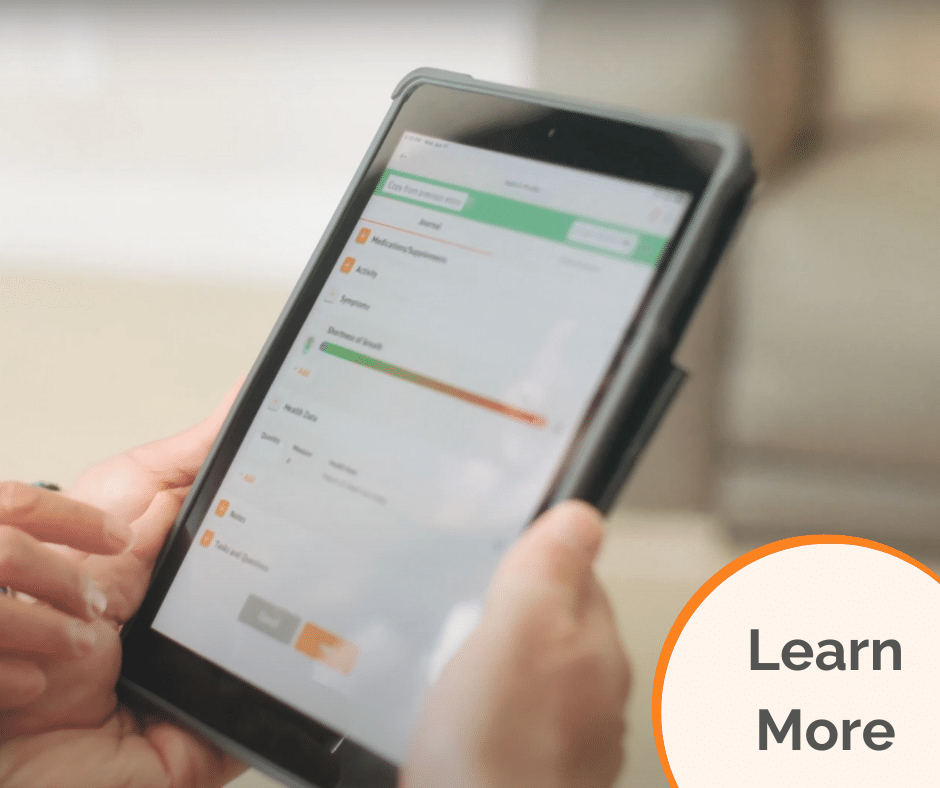Polycystic Ovary Syndrome (PCOS) and Fertility
What is PCOS?
One in ten women are affected by polycystic ovary syndrome (PCOS) throughout their lifetime (Office on Women’s Health). As previously mentioned in our What is PCOS blog, PCOS affects the body in two ways: bodies can make insulin but cannot use it effectively and experience an increase in androgen levels (My Health Alberta). Higher androgen levels may cause irregular periods, weight gain, acne, thinning hair, and excess hair growth on the face and body (My Health Alberta). Higher androgen levels can also prevent women from developing and releasing eggs during their menstrual cycle (ovulation) (CDC).
PCOS and Fertility
Ovulation typically occurs on day 14 or during the midway point of a menstrual cycle (Cleveland Clinic). Women living with PCOS experience ovulation problems caused by an imbalance of reproductive hormones (androgen) (CDC). Ovulation plays a significant part in fertility as a healthy egg is required for fertilization (HealthLink BC). If the egg is not developed properly and released during the menstrual cycle, conception cannot occur (WebMD).
PCOS is one of the most common causes of female infertility due to ovulation problems caused by an imbalance of reproductive hormones (androgen) (CDC). Many women that receive a PCOS diagnosis tend to do so when they are in their 20s and 30s, typically when they begin to experience difficulties getting pregnant (Office on Women’s Health). Although PCOS may cause fertility problems, women can still get pregnant naturally. 
Common Myths About PCOS and Fertility
There are many myths about PCOS and fertility. Let’s identify these myths to better understand how PCOS may affect your physical and mental health throughout your fertility journey.
Myth #1:Women Who Have an Irregular Menstrual Cycle Are Infertile and Have PCOS
Although a symptom of PCOS is an irregular menstrual cycle (shorter than 21 days and longer than 35 days) or missed periods, it is not the only indicator of this condition (Everyday Health). There are many other reasons why a woman may experience an irregular menstrual cycle, including stress, lifestyle factors, birth control medication, and endometriosis (Cleveland Clinic).
If you have an irregular menstrual cycle or are experiencing difficulties getting pregnant, it is important not to assume that you have PCOS. Reach out to your medical practitioner or obstetrician-gynecologist with your concerns as they can help identify contributing factors and treatments (HealthLink BC).
Myth #2: Everyone Living With PCOS Experiences Infertility
Do not be discouraged if you are living with PCOS. Although PCOS may cause infertility, it does not occur in every case. It is still very possible to get pregnant naturally. It is also important to remember that various treatments, including medication or lifestyle changes, can assist ovulation (Penn Medicine). This is further discussed in the next section of this blog.
Options for Women With PCOS and Fertility
Women living with PCOS can still get pregnant naturally, but there are other options that are available if needed. Some lifestyle changes and fertility drugs can help women with PCOS increase their chance of having healthy pregnancies (WebMD).
Lifestyle Changes
Lifestyle changes can play a major part in fertility treatment as they can regulate hormones, improve stress levels, and help treat underlying conditions that may also be affecting fertility (HealthLink BC).
One of the symptoms of PCOS is weight gain. Transitioning into a healthy weight through regular exercise and a specialized food diet can improve fertility by regulating hormones that may be out of balance due to changes in weight (WebMD). This improvement in hormones may also help regulate a women’s menstrual cycle (WebMD).
Birth Control
A common treatment given to women living with PCOS is birth control medication (My Health Alberta). Although birth control medication is hormonal contraception, it helps regulate menstrual cycles by decreasing androgen production (WebMD). Birth control pills help women living with PCOS regulate ovulation and some of the other symptoms caused by this condition, like excess hair growth and acne (Mayo Clinic).

Medications to Support Ovulation
Other treatments that may be used on their own or in combination with birth control medication are medications that help ovulation. Some of these treatments include:
- Clomiphene (Clomid, Serophene): This medication is taken at the beginning of a menstrual cycle. It increases the number of hormones that support ovulation (WebMD).
- Follicle-stimulating hormone (FSH) and Luteinizing hormone (LH): Medical practitioners may prescribe a medication that has FSH and LH to women living with PCOS. This treatment is delivered as an injection (Mayo Clinic).
Visiting a fertility specialist can provide comfort during this journey as they understand what medicine and doses can work for you (WebMD).
Egg Freezing (Oocyte Cryopreservation)
Egg freezing is the process of retrieving, freezing, and storing a woman’s eggs until pregnancy is desired (Mayo Clinic). This may be an option when PCOS is diagnosed early as eggs may be of better and higher quality (Fertility Preservation). This provides women with an opportunity to plan for a future pregnancy. Eggs may also be frozen when undergoing in vitro fertilization and surrogacy (discussed in the sections below) (Mayo Clinic).
In Vitro Fertilization (IVF)
IVF may be considered to help increase the chances of getting pregnant if no other medications work. During IVF, a women’s egg is collected from the ovaries or thawed out if the egg was previously frozen; the egg is fertilized with sperm in a laboratory and then the embryo is implanted in a women’s uterus (One Fertility Kitchener Waterloo). IVF tends to have a high pregnancy success rate (Mayo Clinic).
Surrogacy
Surrogacy is an option that women with PCOS may consider. Surrogacy occurs when a woman (surrogate) agrees to carry a baby for others (Surrogacy in Canada). In this case, a woman with PCOS would have her egg collected from her ovaries and fertilized with sperm in a laboratory; the embryo is then implanted in the surrogate’s uterus (Regional Fertility Program). For more information on the different types of surrogacy arrangements, visit Surrogacy in Canada.
Please note that we have summarized all possible treatments that are currently available. The most important step is to find what is best for you and your needs by discussing your options with your doctor.
Resources
Although you may feel overwhelmed throughout your PCOS diagnosis, treatment, and fertility experience, you are not alone. There are a number of resources available for PCOS and fertility support. One of these is Support groups. Support groups allow you to connect with new people and create a community of support.
The PCOS Fertility Group, is a Facebook group and safe place for members to share thoughts, feelings, experiences, ask questions, post personal stories, and provide support. This group is private and accessible through a Facebook account, similar to other PCOS support groups that are on social media platforms.
Another type of resource available is podcasts. PCOS Diva has over 150 podcasts available for free that touch on a wide variety of topics, including fertility and hormone repair. The podcast features doctors, nutritionists, and women sharing their PCOS journey.
To learn about more national and provincial PCOS support resources, make sure to read our Support for PCOS blog.
Remember that PCOS does not define who you are. Do not be discouraged throughout your PCOS and fertility journey. Every step you take towards managing PCOS counts. Reaching out to your medical practitioner for a proper diagnosis, treatment plan, and with your fertility concerns will help you better navigate this journey.
Share this
You May Also Like
These Related Stories
%20(1).png?width=940&height=788&name=Updated%20Blog%20Images%20(Blog%20listing)%20(1).png)
Myths About Polycystic Ovary Syndrome (PCOS)
%20(4)-1.png?width=940&height=788&name=Updated%20Blog%20Images%20(Blog%20listing)%20(4)-1.png)
What Is PCOS (Polycystic Ovary Syndrome) ?
%20(15).png?width=940&height=788&name=Updated%20Blog%20Images%20(Blog%20listing)%20(15).png)
.png?width=500&height=200&name=Zamplo%20Logo%20(1).png)


%20(2).png?width=940&name=Blogs%20Product%20Image%20(940%20%C3%97%20200%20px)%20(2).png)

No Comments Yet
Let us know what you think